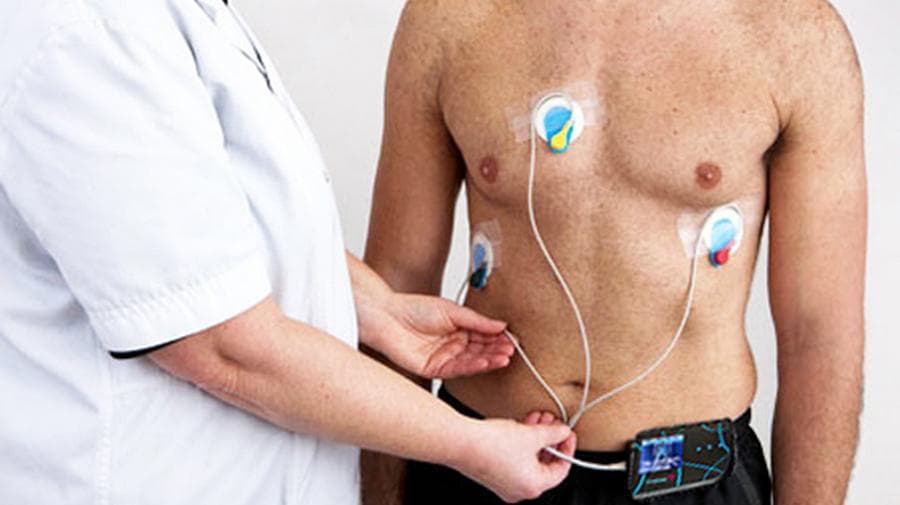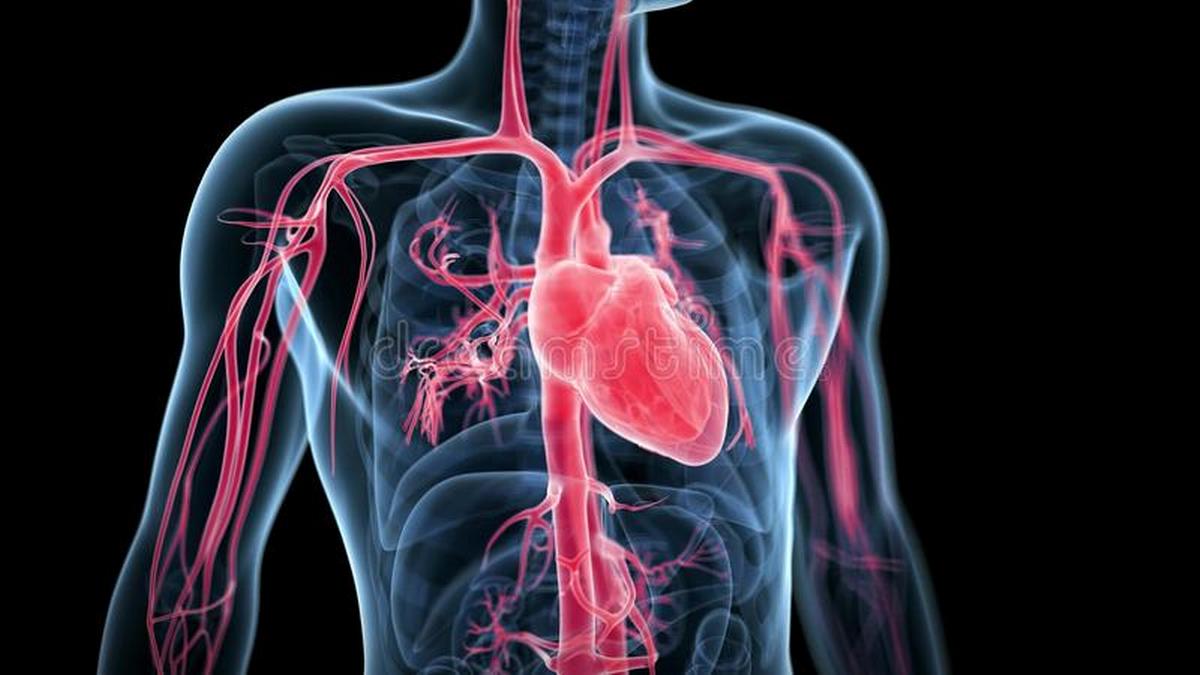24-HOUR HOLTER MONITOR

A 24-Hour Holter Monitor provides a constant recording of the electrical activity of your heart (rate and rhythm) over a 24-hour period. It is a safe and painless recording that involves wearing a small monitor (the size of a match box) attached to your chest with 5 small wires connected to electrodes. It is worn either clipped to your belt or with a cord that hangs around your neck. While wearing the Holter Monitor you are instructed to carry out normal daily activities.
This test is requested by a cardiologist in order to correlate certain symptoms, such as dizziness, breathlessness or palpitations, with the electrical activity of the heart at the time of the symptoms. It also provides information on the effectiveness of medication.



